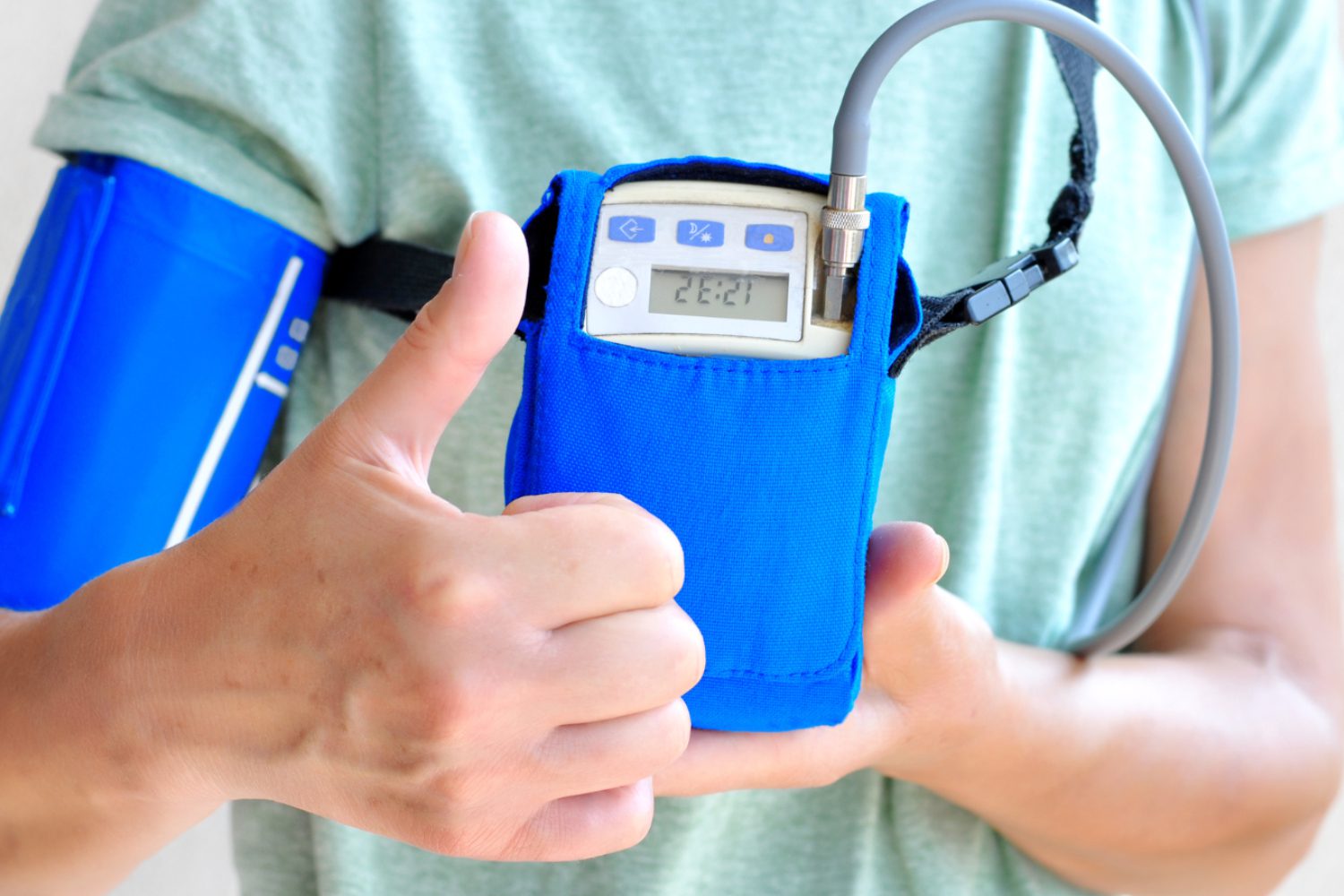Holter Monitor Specialist
New York Medical and Vascular Care
Cardiologists, Vascular Doctors, Podiatrists, Gastroenterologists, Physical Therapists, Pediatricians, Internal Medicine and Family Medicine Physicians Serving Patients in Sheepshead Bay, Marine Park, Flatlands & Midwood, Brooklyn, New York, Astoria Queens, New York, & Manhattan, New York
Get in Touch
"*" indicates required fields

Holter Monitor Q & A
What is a Holter monitor?
If your electrocardiogram report doesn’t provide sufficient information to your doctor, using a Holter monitor can offer further insights into your heart health.
Why would I need a Holter monitor?
An electrocardiogram is a quick, in-office test. Because it takes very little time, it’s possible to miss an irregular heartbeat that only occurs occasionally. A Holter monitor can detect irregularities that an electrocardiogram can’t. It provides enhanced data, which makes it possible to treat serious but elusive health problems.
Is wearing a Holter monitor safe?
While wearing the Holter monitor, it’s important to avoid getting wet. Refrain from showering or swimming until your provider says it’s okay.
During Holter monitoring, avoiding other electronics, including metal detectors, microwave ovens, electric razors, and toothbrushes, is important. These devices can interrupt the signals from the Holter monitor’s electrodes, compromising the data collected.
What is the process for wearing a Holter monitor?
Once Holter monitoring begins, you keep it on at all times, including during sleep. While wearing the monitor, keep a diary of your daily activities, including the foods you eat and how often you exercise. You also write down any symptoms you experience while wearing the monitor, including shortness of breath or dizziness.
A day or two later, you return to New York Medical Vascular Care. Your provider downloads the data from your Holter monitor at your second appointment and compares it to the notes in your journal. They use this information to diagnose and treat a specific heart-related condition.
Learn more about the benefits of a Holter monitor by scheduling an appointment at New York Medical Vascular Care. Call the office nearest you, or book a consultation online today.
